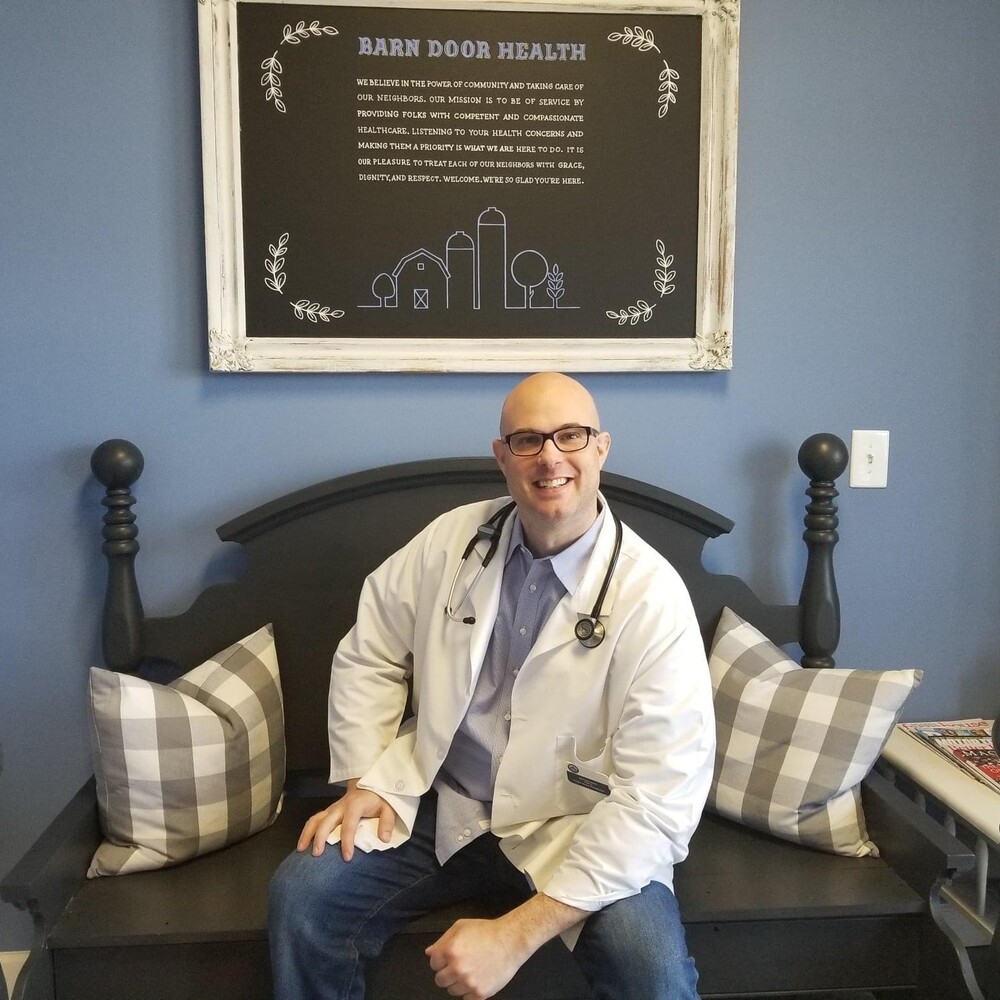Greensboro AHEC Practice Support awards SECU Mini-Grants to Four Regional Practices for Telemedicine Projects.
The grants are funded by a $500,000 gift to NC AHEC from N.C. State Employees Credit Union.
GREENSBORO — Greensboro Area Health Education Center (Greensboro AHEC) has named four N.C. primary care clinics in our Practice Support service region as winners of a mini-grant of up to $10,000, with the aim to support the provision of telemedicine services, improve the health status of patients, and prepare for the post-COVID-19 realities of using technology in patient care.
The mini-grants are made possible through a $500,000 gift from N.C. State Employees’ Credit Union (SECU) to the North Carolina Area Health Education Centers (NC AHEC) from the summer of 2020, intended to support N.C. primary care clinics in continuing their good work during the COVID-19 pandemic. Each of the nine AHEC centers across the state was given a portion of the funds to support their local regional practices.
Several clinics across the region applied for the mini-grant, and after review, four regional clinics were selected. We are pleased to announce the winners of the mini-grants and the projects they support:
• Barn Door Health in Randleman is an independently owned clinic, led by Michael Martin, FNP. Michael shared that he uses telemedicine to facilitate an increased patient compliance with follow-up appointments for diabetes management.
“The proliferation of smartphones ensures the possibility of telemedicine appointments in this rural community,” says Michael. “Many patients drive up to one hour to be seen at the clinic.”
With the mini-grant fund, Barn Door Health plans to acquire computers and tablets for video conferencing and in-home diabetic monitoring devices. They also plan to add a module to their electronic health record that enables the clinic to provide vulnerable patients with an accessible means to complete necessary chronic disease management appointments using telemedicine.
• Belmont Medical Associates in Reidsville is a recognized Patient Center Medical Home that has served local families for over 50 years. Providers at the clinic know that improving patient communications and empowering patients to be interactive in their care leads to better health outcomes. Their aim with the mini-grant funds will be to focus on improving patient communication and education among patients with multiple comorbidities.
Belmont’s leaders welcome the news: “Our website is now being utilized by more patients than ever, and that spans all ages and populations. We believe that improving our web presence, making it simpler and more interactive with the patient portal will improve the quality of care for our patients.”
Over the next six months, the clinic will be enhancing their patient portal, clinic website, social media, and in-home monitoring devices to better facilitate patient engagement in their health.
• The Orange County Health Department, over the past few months, has focused on getting children caught up on missing immunizations since the COVID-19 pandemic prevented families from receiving these important preventative vaccines due to stay-at-home orders and limited clinic hours. The health department has partnered with Orange County, Chapel Hill, and Carrboro school districts to implement a curbside immunization program. The health department plans to use the mini-grant funds to purchase supplies to set up these curbside clinics and provide critical personal preventative equipment for their staff. The target population for the curbside clinic will be rising high-school seniors, and if successful, will be expanded to other age groups of children.
• Free Clinic of Rockingham County: “Our clinic provides free medical care for people living at 200 percent of the federal poverty level or below and to those who have no health insurance,” says Executive Director Kim Rider. “Most of our patients are employed as ‘essential’ workers — wait staff, cashiers, childcare workers, nursing home, and janitorial staff.”
Many of the patients at the Free Clinic also have multiple chronic conditions and are at high risk of COVID-19 complications. Because of these factors, the Free Clinic of Rockingham County plans on establishing “parking lot” appointments for patients without smartphones or WiFi access. In addition to this new access point, the clinic will provide at-home monitoring devices, such as blood pressure cuffs for patients who can complete a traditional telehealth visit. Kim also plans to upgrade their internet service and providers’ laptops to provide a better telehealth experience.
In addition to the mini-grant funds, Greensboro AHEC’s Practice Support team will be providing free quality improvement support to these clinics, such as assistance with a budget, workflows, and evaluation.
“This is an amazing opportunity that N.C. SECU has provided to frontline physicians across the nine counties in our service region,” says Greensboro AHEC Practice Support Director Suzanne Lineberry, MPH, MCHES. “Small clinics often lack the funds to upgrade technology or purchase simple capital investments. With these SECU funds, we have four amazing, hardworking clinics that have taken on the challenge to improve their clinical practices and provide more services for their patients.”

